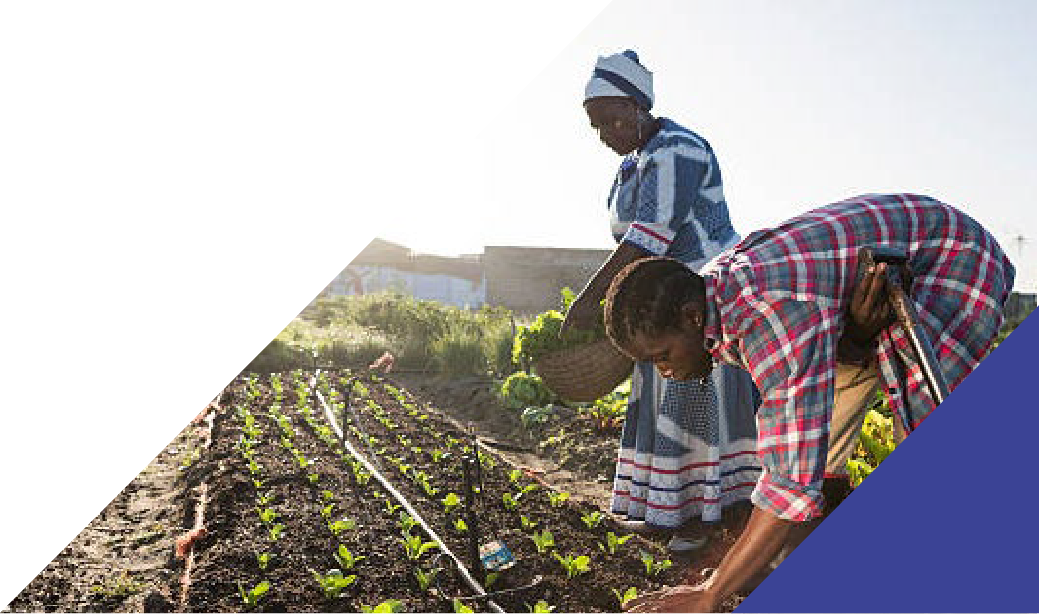ESG across borders:
The cultural context
The domain of ESG stretches across a broad range of themes that are just as complex as they are far-reaching.
Key Takeaways
To truly understand how society is evolving on ESG, we need to go really deep. A superficial understanding of the subject is unlikely to be enough. These are, after all, some of the most pressing and urgent challenges facing our world today. And further complicating matters, many ESG topics are interconnected, making it difficult to look at them in isolation. Like the Academy Award-winning film, it can feel like Everything Everywhere All at Once.
Developing programmes, services, policies, and strategies that are fit for purpose and which will help an organisation or government body to operate more sustainably in the long term is no easy task. Each country has its own idiosyncrasies, grounded in history, context, language, and culture. Just because an approach works in one place does not mean it will be a success elsewhere.
We took this as the impetus for this report. Our goal was to take a look at what ESG means for people around the world, from the perspective of their day-to-day lives. Our exploration takes us through their (often competing) priorities. It looks at the language people use, and how they relate to the larger topic at hand. It examines their expectations of businesses and institutions. It explores how individuals can be inspired and encouraged to take positive action. And it raises questions about how we can better understand, communicate, and innovate.

Back to Top

Vocabulary matters
The fight against climate change is seen as a group effort
Culture is key


Everything Everywhere All at Once. ESG is an overwhelming topic, full of nuance and differing opinions, with high expectations from citizens around the world, and many opportunities to get it right (and wrong). Taking action on ESG initiatives is increasingly becoming a necessity—one that starts with having an informed view on how society thinks.
We hope this report provides ideas, information, and inspiration to help you develop your thinking. As you read, you will note that we have provided details of the resources and references we found useful in bringing together this report. Let us know what you think, and where we should go next. We look forward to joining you on your journey.
Table of contents
Next page
Among the global public, the term “sustainability” has a much stronger association with environmental topics than social or governance topics, carrying different specific connotations in different countries. Organizations and government bodies must clearly define what they mean in their ESG communications.
Each country has its own idiosyncrasies, grounded in history, context, language, and culture. Just because an approach works in one place does not mean it will be a success elsewhere.”
“
01
ESG across borders: the cultural context
02
“Sustainability”: All on the same page?
03
Equality Kaleidoscope
04
The climate of climate change opinion
05
Applying cultural transferability analysis to ESG
06
ESG across borders: United States
ESG across borders: India
07
ESG across borders: Brazil
08
09
ESG across borders: South Africa
10
ESG across borders: China


Which groups of society are perceived to be facing the most unequal or unfair treatment varies dramatically from one country to another. But across all countries surveyed, there is a widespread agreement that governments are primarily responsible for reducing inequality.
People expect governments
to lead the way in reducing inequality


Globally, there is a shared sense that all countries will need
to work together in order to fully tackle climate change. But some countries feel they are being asked to sacrifice too much.
Three cultural dimensions shape people’s attitudes, perceptions and behaviors towards ESG topics. Firstly, whether their culture’s relationship with nature is more one of conquest or one of co-existence. Secondly, their perceptions about who has the best agency to drive impact and make a difference. And thirdly, whether they prioritize benefits for the world at large or benefits to their personal lives and the lives of people around them.













Download the report

Emmanuel Probst
Global Lead, Brand Thought Leadership
Ipsos
